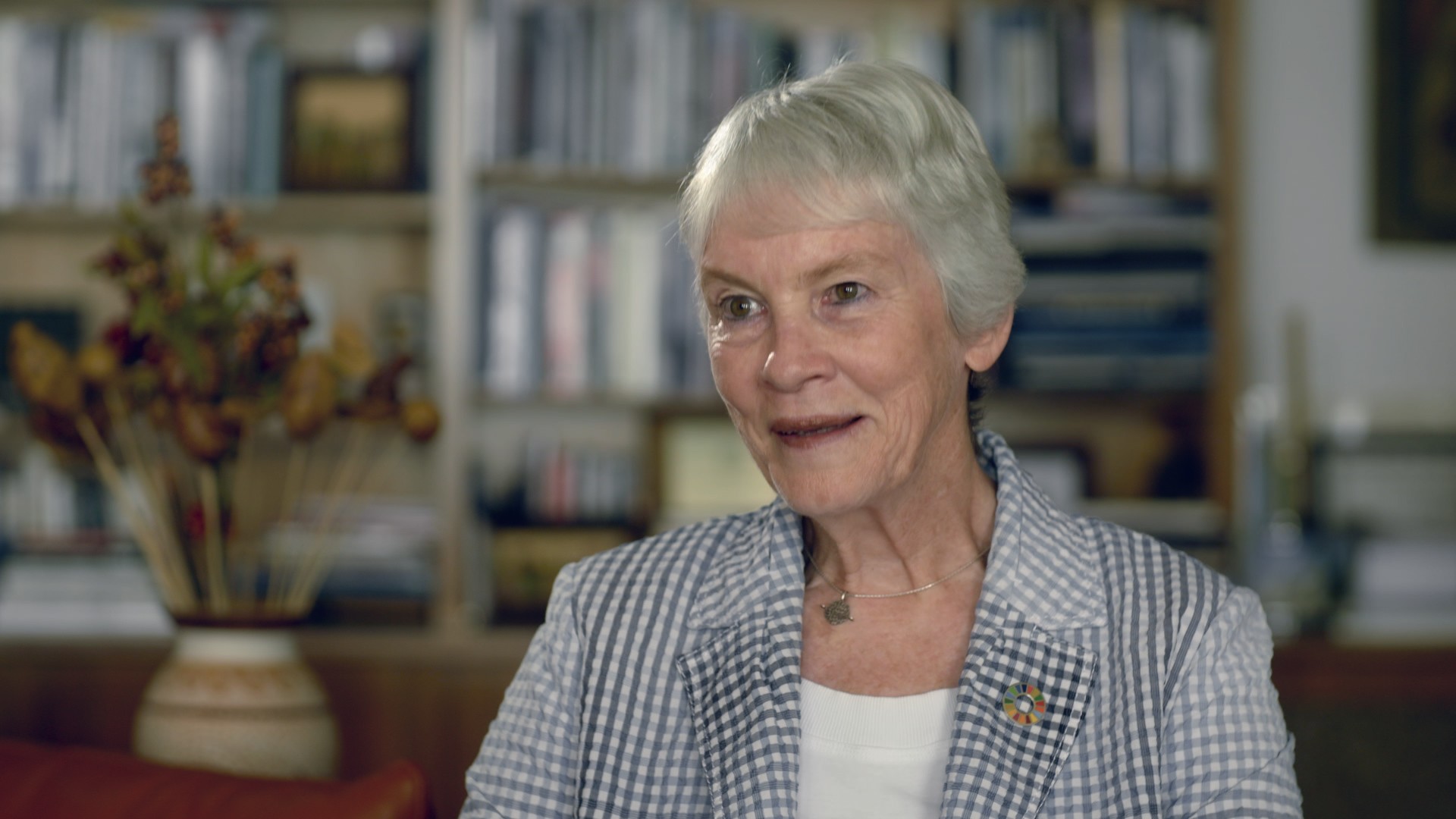After years of battle, the U.S. is on the cusp of defeating ISIS in Syria, but the tactics it’s used to do so have left the military in a strategic hole of epic proportions. Case in point: the spiraling crisis in Northern Syria where the U.S. finds itself stuck in the middle of a turf war between two allies: Turkey and Syrian Kurds.And as this new conflict unfolds, Washington risks losing the little leverage it has to realize other goals it’s talked about but done little to achieve, analysts told VICE News, such as removing the dictator Bashar al-Assad, rolling back Iranian influence, and stopping Assad’s regime from deploying chemical weapons.“The only thing that has really mattered from a U.S. policy perspective was fighting ISIS,” said Charles Lister, Director of Counter-Extremism and Counter-Terrorism at the Middle East Institute. But as America turns to other long-neglected items on its Syria to-do list, “we simply do not have the means, or the will, to actually do what it takes to deal with those issues.”Read: Turkey to U.S. troops in Syria: Please move so we can attack your Kurdish alliesThe latest setback for U.S. interests in Syria erupted last week, when Turkey, after months of blustery warnings, finally attacked YPG forces, a Kurdish militia that’s proved one of America’s strongest regional allies in the fight against ISIS. Turkey is now threatening to continue that offensive, which began Saturday in the northwestern Syrian enclave of Afrin, all the way east to a town on the Iraqi border called Manbij, raising the specter of outright conflict with the 2,000 U.S. troops stationed there.“If they finish the Afrin operation, and after that, they decide they’re going to go east, that’s when things could really explode,” said Ilan Goldenberg, a former U.S. State Department official under President Barack Obama.Turkey considers the YPG to be a gang of terrorists, and has angrily pointed to a promise by U.S. Vice President Joe Biden back in 2016 that the U.S. wouldn’t support Kurdish forces holding Manbij after they kicked ISIS out. But a year-and-a-half later, the Kurds are still there.Meanwhile, the Kurds feel as if they’ve helped America defeat ISIS only to be abandoned in the aftermath, said Nicholas Heras, an analyst at the Center for a New American Security.“The YPG is fuming right now,” Heras told VICE News. “They look at the thousands of people they sent to fight ISIS, the ongoing cooperation they provided on the ground, the fact that they’re willing and eager and able to to be involved. And now they feel as if the U.S. is on the verge of throwing them to the Turkish wolves.”Read: The U.S.-Turkey alliance is in a downward spiralBroader American efforts in Syria have run aground as well. Assad, it seems, has already defied Trump's “heavy price” warning against the use of chemical weapons. On Monday, at least 20 people were killed in an apparent chlorine gas attack in rebel-held positions near the capital, Damascus, U.S. Secretary of State Rex Tillerson said Wednesday in Paris.Tillerson cast a finger of blame at Assad’s biggest foreign backer: Russia.“There is simply no denying that Russia, by shielding its Syrian ally, has breached its commitments to the United States,” he said, referring to a deal Russia brokered to remove chemical weapons from Syria. Russia dismissed the claim as “baseless.”
Advertisement
Advertisement
But the series of events revealed another stark truth about the Syrian crisis in 2018: Assad’s regime is “sitting more comfortably in the capital than it has at any time since the crisis began,” Lister said. Thanks in no small part to Russia’s decisive military intervention in favor of Assad in 2015, and the active support coming from Iran.The result, Lister said, is that years after the U.S. said Assad must go, the Syrian dictator doesn’t appear to be going anywhere.“We are way too late to realize his departure,” Lister said. “Events on the ground have played out to such an extent that reversing those kinds of realities will be next to impossible, unless we launch a full-scale war, which is never going to happen.”Cover image: Turkish soldiers are pictured in a village near the Turkish-Syrian border in Hatay province, Turkey January 24, 2018. (REUTERS/Umit Bektas)“We are way too late to realize his departure.”
